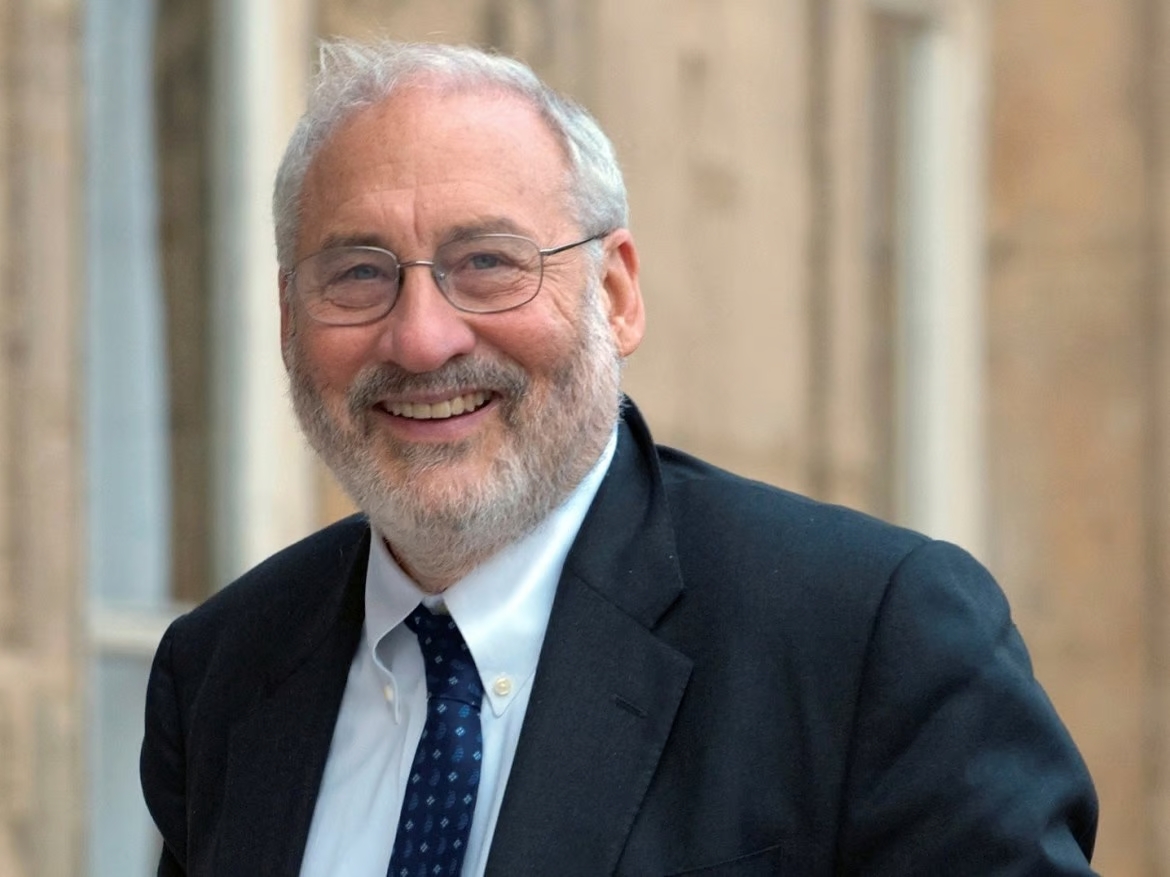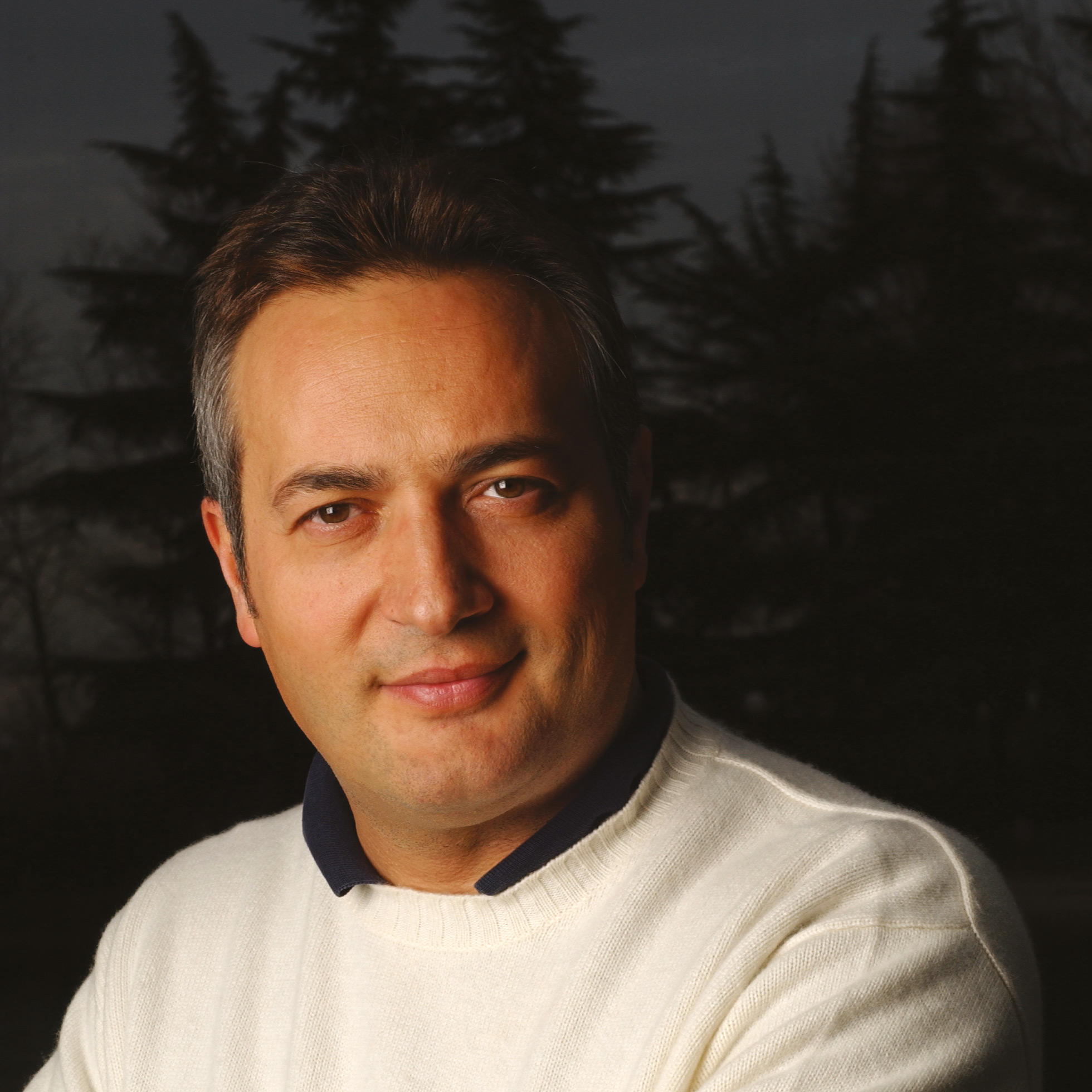The issue of objectivity in journalism frequently resurfaces when discussing politics, and more recently, it has become a prominent topic in discussions about the economy. This is not surprising, given that much of politics intersects with the economic challenges of a democracy. Even though economics deals with statistics and mathematics—numbers, essentially—it still possesses undeniable philosophical and humanistic appeal.
Take Cernobbio, the iconic late-summer event on Lake Como, the ultimate luxurious backdrop that draws top-level entrepreneurs and international figures. One day, Prime Minister Meloni spoke, laying out the government’s economic vision, particularly regarding the upcoming budget law. Applause followed from the audience and right-wing media, while the opposition and its allied outlets criticized her.
The next day, it was the opposition’s turn, with speeches from PD leader Schlein, Azione’s Calenda, and M5S’s Conte, who joined via video link. Aside from clear divisions on foreign policy and renewed frustration over the “broad yet narrowing” alliance, the opposition criticized the government on social issues, particularly labor and society, and announced a so-called counter-budget. Applause came from the left, while sarcasm and ridicule echoed from government-aligned media. But the real question remains: Is the Italian economy, objectively, beyond ideologies and partisan interests, doing well or poorly? This is news we owe first and foremost to citizens.
The amusing twist is that the truth came from a renowned American economist, Nobel laureate, and former advisor to Clinton—none other than Joseph Stiglitz, a progressive and fan of Kamala Harris. Surprisingly, according to fundamental growth and labor parameters, as well as others, the Italian economy is in good shape. Nothing extraordinary, due to Europe’s overall stagnation—highlighted just hours later by Draghi—but still faring better than other acclaimed nations like Germany and France. Of course, problems remain: wage levels, gender equality, and massive public debt. But those who insist on playing the pessimist to undermine Meloni have been proven wrong. Thanks, America, for this small nugget of truth.


